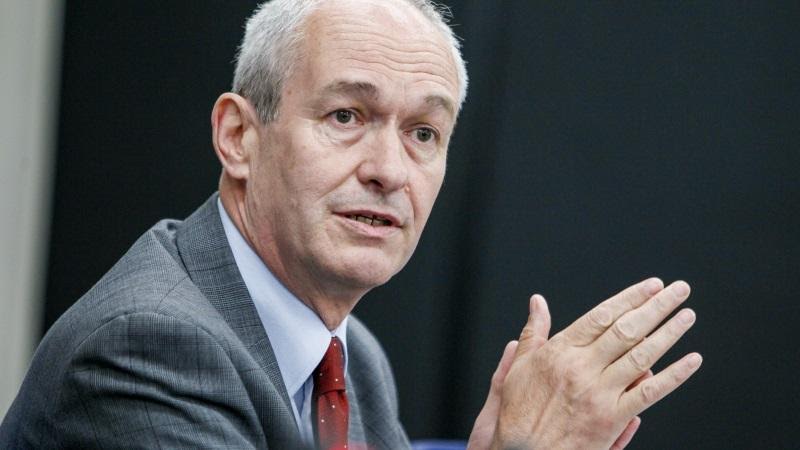
Steve Hudson (Thursday’s LabourList) is right to ask why Labour MEPs voted, along with the bulk of our socialist comrades in the European parliament, to allow the nomination of Ursula von der Leyen – a Christian Democrat – as potential President of the European Commission to go ahead. Let me explain why we did so.
This was indeed a difficult decision for us. We did so with misgivings, and on the basis that this is an initial vote to confirm her as President-elect. It is subject to a confirmatory vote that takes place in October, when we vote on the Commission as a whole, after it has presented its full programme. That programme will be decisive.
Ursula von der Leyen was proposed by the European Council (the body that brings together the heads of government of EU member states) including the socialist Prime Ministers. We felt that Dutch Socialist Frans Timmermans was a far better candidate, and we were very disappointed that he was not the one proposed by the 28 governments. The opposition to him came not just from Hungary and Poland, who would have been out-voted, but from some eleven governments.
Von der Leyen’s initial contacts with the Socialist group in the European parliament left us with doubts as to whether she would commit to support any part of the radical, reforming agenda that Europe needs. We demanded substantially more ambition from her, not least on climate action, energy policy, equality, fair taxation, rule of law and commitment to work with with social partners and civil society. She showed a willingness to engage with us on these issues (and on Brexit).
During meetings and correspondence with us, she made a number of significant concessions. Our priority was, of course, to ensure that socially progressive goals and an ambitious climate agenda would be at the heart of any programme. She moved enough for a majority of the socialist MEPs to vote for her, subject to these commitments being firmed up in the programme of the future Commission (though bearing in mind that while the Commission proposes EU legislation, it is elected MEPs and ministers who actually decide).
This initial vote will enable her to take the first step in putting together the programme, as well as her promise to put together a gender-balanced team of commissioners. Therefore, at the final vote in October, we will assess whether she has firmed up on these stated commitments and whether we can support the agenda she proposes. If she fails to deliver on these core objectives, and fails to listen to us, we will not hesitate to withdraw our support in the October vote.
In this context, it is important to remember that the European parliament is a ‘hung’ parliament with no overall majority for any political group. Von der Leyen has undertaken to appoint two socialists as Vice Presidents of the Commission (Timmermans and the previous Spanish foreign Secretary Borrell). But it is in any case her policy commitments that matter the most.
We were also mindful at this stage of the potential consequences of voting her down and the risk of plunging the European Union into months of uncertainty as the European Council scrambled to find a new (potentially worse, given some of the names that were circulating) candidate in this crucial period. Therefore we, along with most of our European sister parties in the Socialist and Democrats group, and in full consultation with the Labour frontbench at Westminster, agreed to support her in this initial vote.




More from LabourList
‘The cost of living crisis is still Britain’s defining political challenge’
‘Nurses are finally getting the recognition they deserve’
Letters to the Editor – week ending 15th February 2026